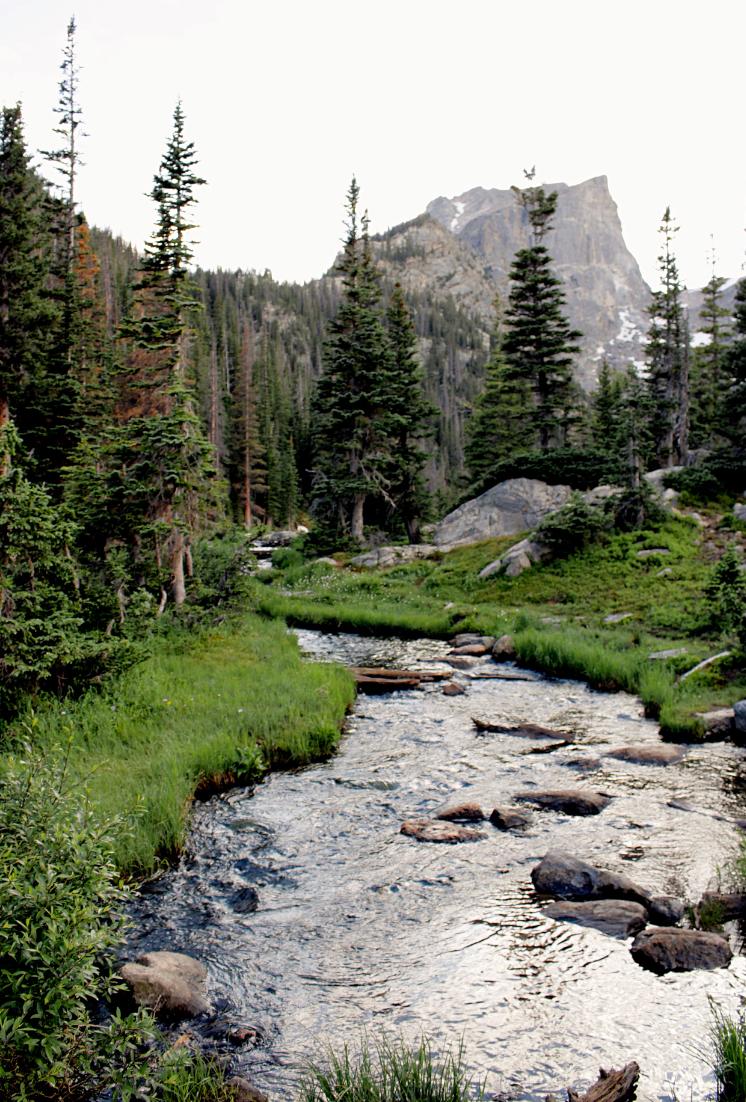
Looking to Nature as a Guide with Charly White - Interviewed by Lucy Matthews
Occasionally as humans we are forced to reckon with our own internal conflict through our natural surroundings. Nature has a way of bringing to the surface aspects of ourselves that we refuse to confront or address. For some, it won’t be a state of adamance, nature may just act as a catalyst of inspiration. Charly White’s Rupi Kaur-esque style poetry is a demonstration of this. Using the innocent nature of a Daisy to reflect on her own relationship with Fragility, ‘Daisy’ showcases how digging deep into the eternal fragile nature of a flower can bring up hard truths about our own relationship with expressions of fragility.
C. I think my natural connection with nature has always acted as a driving force behind the poetry I write, especially when it comes to this one. I don’t really see a ‘why’ behind what inspired me to write from the perspective of a flower, but I don’t think inspiration always needs to be justified. I saw the daisy on the ground and it was as simple as the flower itself.
Charly alludes to the importance of using nature as a comfort blanket when it comes to the harder aspects of life, acting as a life boat against the heavy waves of fragility that humans face. The soothing simplicity of Charly’s words reflected the subject nature, and it shows that stopping to thank the nature that stands before us when struggling to accept the more fragile parts of ourselves is an act of defiance in the face of vulnerability.
C. I usually carry my notebook around with me and it is always exciting to see what comes from this based on how I am feeling in the day. Developing different ways of writing is what I enjoy most about poetry, and I have specifically always enjoyed Rupi Kaur’s poems. I think that as humans we can be so hard on ourselves, and poetry really helps me to de-center from all this negativity when going through it. In this case, it was the daisy before me that acted as the jolt, and the flower became the centre of the experience I was going through instead of the burden of emotion that had been taking up so much room before.
Daisy reads like an extension of a Rupi Kaur poem, a poet known for her ability to take some of the most simple aspects of life and plunge them into deep existential poetic endeavours. Her writing has been lauded as digestible therapeutic prose for the everyday battles of life, and ‘Daisy’ truly encapsulates Kaur’s writing style. Contrasting the fragile statutory nature of a flower with the harsh everyday human living can feel like you are doing an injustice to the flower, but just like Charly says, using Daisy's fragile nature as inspiration within our darkest moments is a form of acceptance within itself.
C. I see fragility as a cycle, and it truly is a wonderful thing that something as simple as the daisy on the ground can take me out of something so suffocating. I think it really helps come to terms with aspects of life which we find hard to digest, and like I said in the poem, despite wilting there is still a glow about it. I think we can learn a lot from this.
There is a feminine undertone to the nature of the poem ‘Daisy’, and it forces us to assess our own relationship with expressions of fragility, and how it is often shunned as something that can only be comfortably expressed by women. The delicate quality of the flower blooms strong amongst the flurry of everyday life and perhaps this encourages us to assess the strength of women today and how they are often misinterpreted and understood. Where they may be perceived as delicate can actually be hidden resilience, and despite the juxtaposition of a Daisy embattling through the world, you can find meaning by looking at this in relation to womanhood.
C. I see fragility as a cycle, and it truly is a wonderful thing that something as simple as the daisy on the ground can take me out of something so suffocating. I think it really helps come to terms with aspects of life which we find hard to digest, and like I said in the poem, despite wilting there is still a glow about it. I think we can learn a lot from this.
Charly’s translation of fortitude found within a flower was extremely impressive, and it shows how humans and nature can work together to learn from each other. Despite being united with our fellow human counterparts in the face of shared fragility, it seems sometimes all it takes to learn about how to navigate uncertain times is a trip outside to the garden with a notebook in hand.


